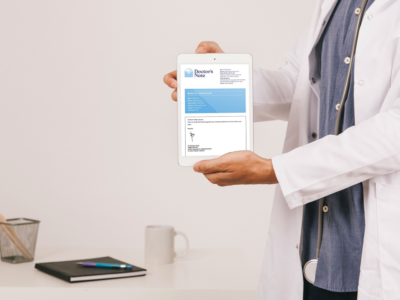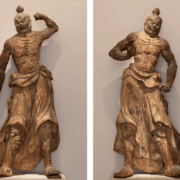In acupuncture, extremely tiny needles are inserted into the body at various points and depths. Qi, or vital energy, is thought to be at the root of many health problems. Acupuncture is effective for more than just pain relief; it can address various health issues. Unfortunately, how it operates still needs to be fully understood. Some argue it has a neurological impact, while others argue that it works by restoring a healthy flow of life force energy.
Here, we shall define acupuncture and list the potential risks and benefits of acupuncture.
What is Acupuncture?
Acupuncture is an old Chinese medical method in which thin needles are inserted into certain places on the body to boost the body’s natural healing mechanism. Acupuncture has been used for millennia to treat a variety of medical ailments.
Risks and Benefits of Acupuncture.
Studies have proven that acupuncture has significant benefits. In addition, acupuncture, like any medical therapy, involves inherent risks. The followings are the risks and benefits of acupuncture:
Benefits of Acupuncture.
- Relieving pain. Acupuncture can help with a variety of pain issues, including back pain, neck pain, knee pain, migraines, and menstrual cramps. The needles stimulate the nerves and cause the body’s natural painkillers, endorphins, to be released.
- Enhanced immune system performance. Acupuncture stimulates the immune system, which aids in the battle against diseases and illnesses. It also helps minimize inflammation in the body, which is linked to a variety of health issues.
- Stress reduction. Acupuncture can aid in the minimization of tension and anxiety. The needles induce the relaxation response in the body and encourage the release of neurotransmitters that may boost mood and lower stress levels.
- Better digestion. Acupuncture can aid digestion by activating the digestive tract and decreasing intestinal inflammation. It can also aid in the relief of symptoms associated with digestive diseases such as irritable bowel syndrome (IBS) and acid reflux.
- Better sleep. Acupuncture can aid in the improvement of sleep quality and the effective management of insomnia.
Potential Risks of Acupuncture.
- Bleeding and bruises. Acupuncture involves inserting needles into the body, which may cause bleeding and bruising at the point of insertion. Those with bleeding problems or those on blood-thinning drugs are at a higher risk.
- Punctured organs. In rare situations, acupuncture needle insertion might result in the puncture of internal organs such as the lungs or liver.
- Infection may occur as a result of improper needle sterilization or unsanitary methods. As a result, it is essential to obtain acupuncture therapy from a registered and trained practitioner who adheres to strict safety regulations.
- Adverse reactions. Some people may have negative responses to acupuncture, such as dizziness, nausea, or headaches. These adverse effects are usually moderate and transient, but they may be severe in rare circumstances. To reduce the chance of adverse reactions, notify your acupuncturist of any pre-existing medical problems or drugs you are taking.
- Nerve injury. Needle insertion may sometimes cause nerve injury, resulting in numbness, tingling, or weakness in the afflicted region.
Invest In Your Health and Happiness with The Expert Services of Mirvana Acupuncture and Chinese Herbs in Houston.
Mirvana Acupuncture and Chinese Herbs believes that healing should be an all-encompassing experience. That is why we provide a variety of therapies that address not just physical problems but also mental and emotional ones. Our acupuncture, cupping, and herbal medicine treatments are all provided in a relaxing environment with soothing music, making it ideal for both relaxation and rejuvenation. Come meet us in Houston and witness the power of traditional Chinese medicine.












Comments